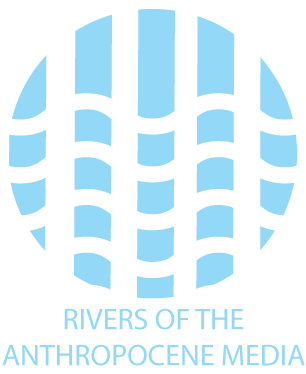80% of the world’s population is under the imminent threat of water insecurity and biodiversity loss. These stresses on the environment threaten nearly every person on the planet and have the potential to lead to catastrophic disease, hunger, and warfare.
This problem is one of the most pressing challenges of this century, and it cannot be solved by creative technological or policy solutions alone. It requires a multidisciplinary approach and set of solutions premised on an understanding of the complex historical and cultural dynamics between human societies and their environments.
Humans’ relationships with their environments — particularly freshwater environments, such as rivers — are rarely simple. Rivers, for example, often serve as resources upon which humans impose conflicting demands. Most obviously, rivers have served as both sources of clean water and as sinks for domestic and industrial waste. Often, the consequences of human use is unintended and unanticipated, and, importantly, these consequences emerge from multi-local activities which have complex roots in disparate political, economic, social, and cultural systems and practices.
Over the past 250 years, the impact of humans on river ecologies has been profound. Population growth, fossil fuels, global commerce, and industrial chemical processes have combined to amplify and accelerate the environmental consequences of human development. Human migrations have been accompanied by the decline of native species and the introduction of exotics. Agricultural runoff and factory emissions have transformed river ecologies far away from the point of pollution. And, a combination of dredging, building levees and locks, and wetlands development, have altered habitats and stressed ecosystems.
Rivers of the Anthropocene seeks to bring together scientists, humanists, social scientists, artists, policy makers, and community organizers to begin a new type of discussion about humans and their river environments — one in which specialists can speak across disciplinary and professional boundaries; one in which which the methods and scholarship of each field informs the others. The Rivers of the Anthropocene Research Network recognizes that only by bringing together our areas of expertise — by bridging the humanities, human sciences, earth sciences — are we likely to discover sustainable solutions to the complex environmental problems that we face in the 21st century.




